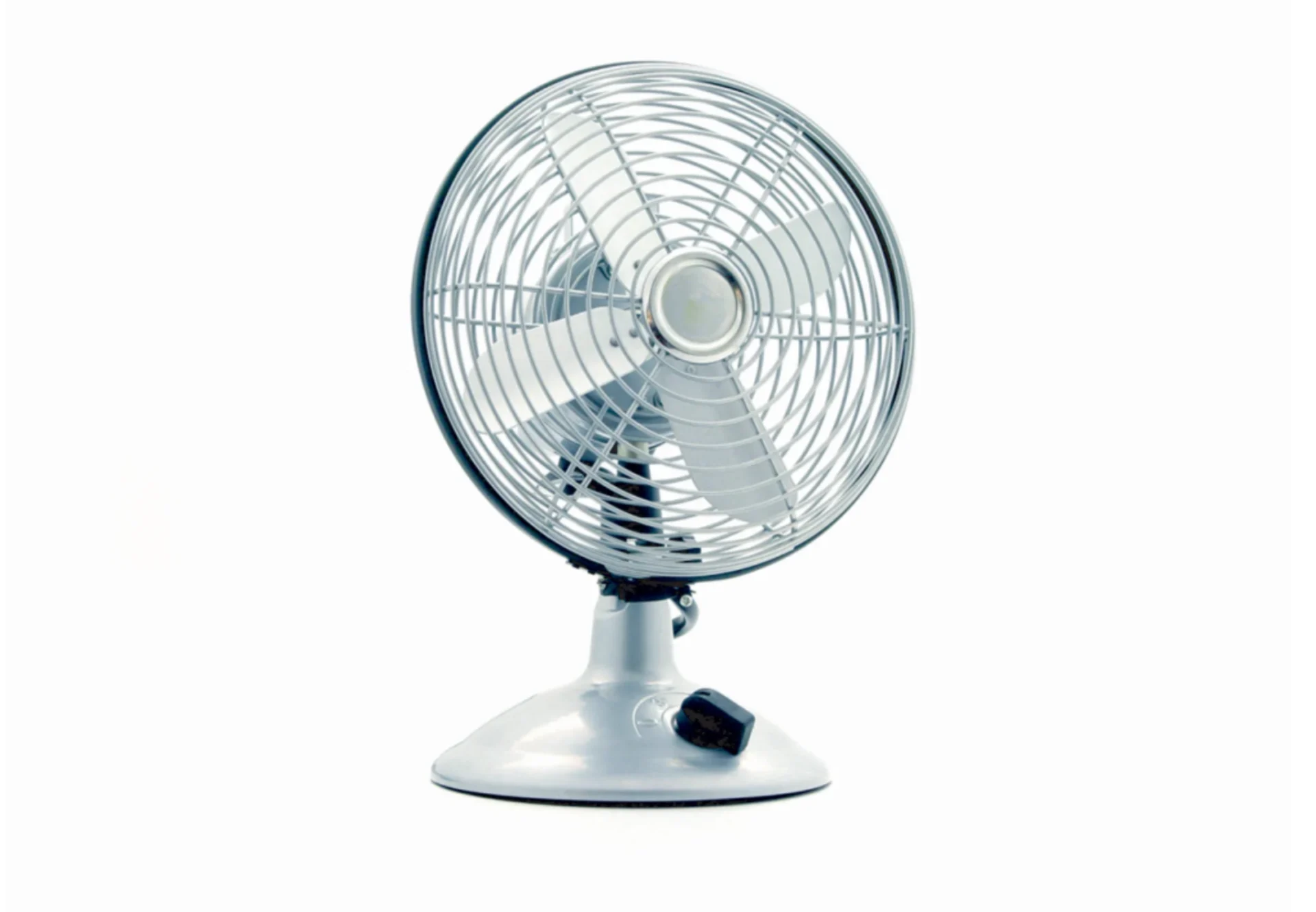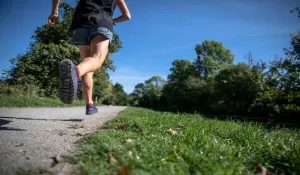
Beating the heat with a fan? It may not be as effective as you think
When the weather warms up, it's important to find effective ways to stay cool.
Fans are often used to cool people down because they’re affordable, accessible, and easy to use.
But does a fan actually help?
That depends on when and how you use them, according to new research led by a team at the University of Ottawa.
How do fans work?
Fans create airflow that speeds up your skin’s sweat evaporation by replacing moisture with dry air. This enhanced evaporation has a cooling effect.
But fans don’t lower air temperature like an air conditioner does. Instead, fans create a cooling sensation, making you feel more comfortable in a warm setting.
“Fans do improve sweat evaporation, but this effect is not strong enough to significantly lower your body’s internal temperature when it’s already really hot (above 33-35°C). In older adults, who may have a reduced ability to sweat, fans provide even less cooling benefits,” Robert Meade, a post-doctoral fellow at the Human and Environmental Physiology Research Unit at the University of Ottawa and lead of the study on the effectiveness of fans said in a statement.
“Results from the 116,640 alternative models we produced in sensitivity analyses indicated that fans likely do not significantly reduce core temperature in high heat or match air conditioning cooling."
OK for moderate temperatures
While fans are useful in promoting air circulation in moderate temperatures, they seem less effective during extreme heat.
This isn’t the first study to have that conclusion.
Research from 2019 also found that fans should be avoided during extreme heat, but can be useful on moderately warm, humid days.
Both the University of Ottawa study and the 2019 paper point to air conditioners as an effective solution, but there are some setbacks. For starters, the technology is expensive. Second, many existing refrigerators and air conditioners use hydrofluorocarbon refrigerants (HFRs), which is a greenhouse gas.
Air conditioners also use a lot of energy, making them bad for the environment.
“It is our collective responsibility to improve the accessibility and sustainability of air conditioning and other forms of ambient cooling to protect those in need,” Meade said.
Effective ways to keep cool
Stay hydrated, but try to avoid sugary, caffeinated, or alcoholic drinks. These can contribute to dehydration.
If you don’t have an air conditioner, consider visiting public places like shopping centers, libraries, or cooling centres.
Dress in light colors that will reflect sunlight and heat.
Avoid going outdoors during the hottest times of the day.
Sunburn can elevate your body temperature, so make sure to use SPF and wear a wide-brimmed hat and sunglasses when outdoors.
Check-in on vulnerable individuals who are susceptible to heat-related illness.
Seek immediate medical attention if you or someone you know experiences symptoms like dizziness, rapid heartbeat, nausea, or confusion.
Header image: File photo. Enrique Zafra/Pexels










